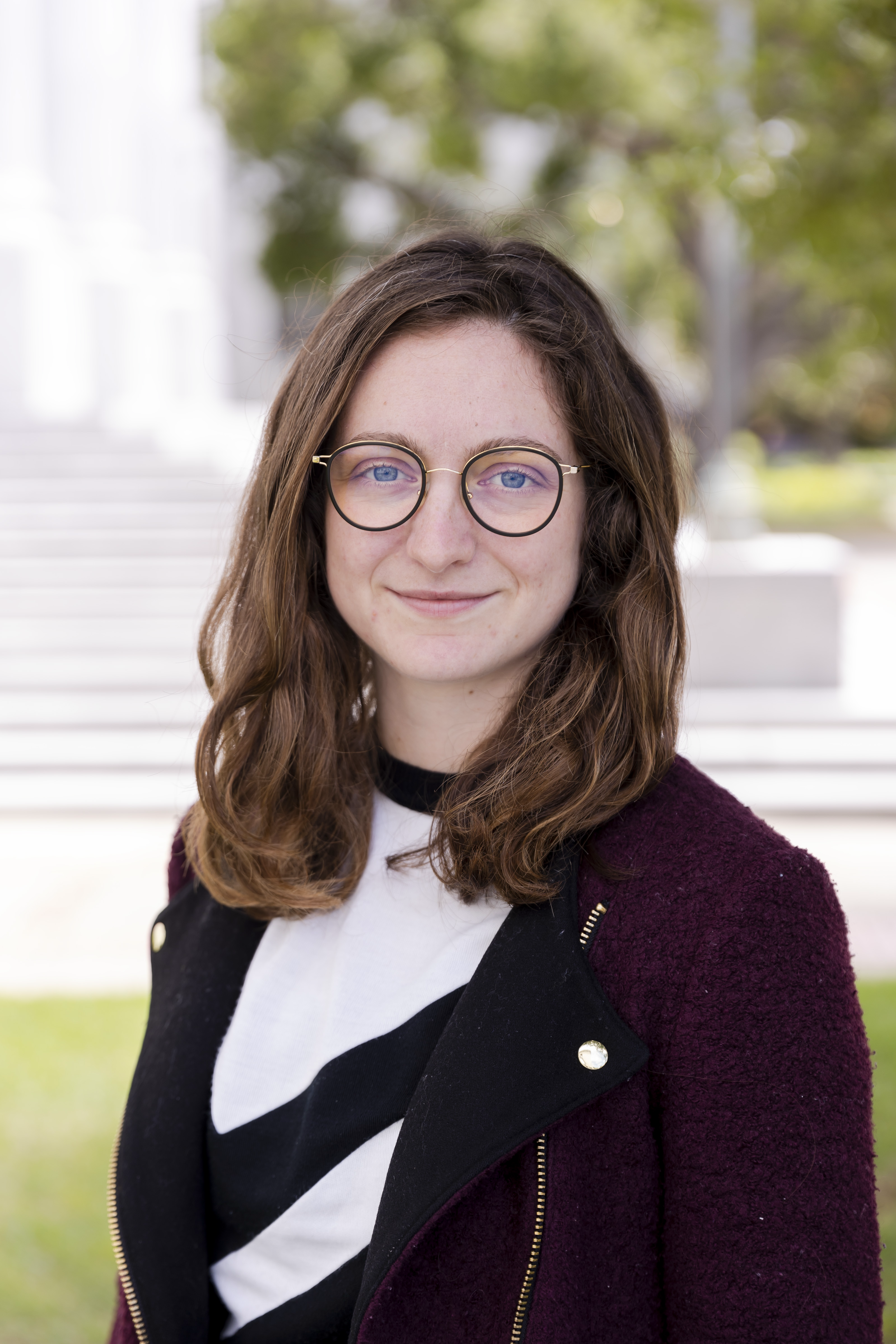Research
Job Market Paper
- Does Access Mean Success? Political Connections and Influence
Full paperAbstract
This paper studies how access to policymakers shapes lobbying success and the role political connections play, using evidence from European Commission regulations. I compile a new dataset of public comments on draft regulations and apply natural language processing tools to detect stakeholders' influence on final regulations. Combined with data on meetings with Commission members to capture access, I show that access significantly increases the probability of success, especially for organizations with more frequent interactions. Exploiting both changes in officeholders and within-organization variation in active connections, I find that information transmission or institutional knowledge cannot explain the effect: political connections are the key driver of success through access.
Working Papers
- In and Out of the Public Sector: The Impact of Revolving Doors in the EU, with J. Bomare
Full paper – Data Registration CertificateAbstract
This paper studies the impact of employee mobility between the European Union (EU) public sector and non-EU organizations on access to EU policymakers and EU funding. We use data from the professional network LinkedIn to identify moves across all EU hierarchy levels, both in the direction of entering and exiting the EU public sector. We identify more than 50,000 moves between 74 EU institutions and bodies and the private sector, over the 2014-2023 period. Using a dynamic difference-in-differences estimator accounting for multiple treatments, we find that hiring EU staff increases the probability of obtaining EU procurement contracts or EU grants. Moves in the opposite direction have no effect on access to EU funding, suggesting that benefits of the hire come from acquiring insider knowledge. Additionally, moves from and to the EU Commission staff significantly boosts engagement with the Commission, but these effects are short-lived. The symmetry and timing of these results suggest that they are driven by the network gained through these moves. - Choosing Legislative Capacity: A Theoretical Model, with D. Fortunato and F. Hollenbach
Full paperAbstract
In democracies, elected representatives in legislatures compete with unelected bureaucrats for influence over policy outcomes. A determining factor in this competition is the legislature's procedural organization and endowment of tangible resources for legislative work, both of which shape its overall capacity for policy design and oversight. Importantly, nearly every democratic legislature is empowered to choose its organizational rules and resource endowment, creating a fascinating strategic choice at the heart of each democratic system: how much capacity will the legislature grant itself? We present a theoretical model of this choice in light of the legislative majority's present and expected orientation toward the bureaucracy, its preferential dissimilarity from the opposition, and its expectations for deselection. The model is parsimonious but rich, allowing us to better understand the historical development of legislatures as well as more recent institutional changes. - Strategic Complementarity in NGO Advocacy: Theory and evidence from the European Commission
Full paperAbstract
This article analyzes the advocacy strategies of environmental non-governmental organizations (ENGOs). I develop a model in which ENGOs can engage in costly advocacy activities to foster pro-environmental policy changes on different dimensions. The model gives insights on their optimal advocacy strategies, and their reaction functions to lobbying from other actors. Combining data on meetings with European Commission members and textual analysis to measure lobbying efforts on different topics, I find support for strategic complementarity of ENGOs efforts. ENGOs also seem to drive the lobbying agenda of the business sector on environmental topics.
Work in Progress
- Legislative Capacity Across OECD Member States, with D. Fortunato and F. Hollenbach
Abstract
Legislatures vary in their capacity for detailed design and scrutiny of draft bills and oversight of the bureaucracy as a function of their formal powers and their endowment of tangible resources for legislative work. These resource endowments, such as member salaries, budgets for legislative staff, and session days, have been shown to be powerful predictors of interbranch interactions and legislative outcomes, but applied research is almost entirely limited to the study of (subnational) state governments in the US. We present new data on these resources for the national legislatures of OECD member states for the last several decades, documenting remarkable variability across units, as well as within-units over time. This variation in resource endowments presents substantial opportunity for new research in comparative political economy.Upcoming Presentations: DPSA (November 24th, 2025)
- Who lays down the law? Informational lobbying in the French assembly, with C. Gras
Abstract
This article analyzes informational lobbying within the French legislative process. Since 1995, political parties in France have been prohibited from receiving donations from legal entities. We compile novel datasets from the French legislative chambers and the public transparency authority, to connect lobbyists' efforts to legislative outputs from the members of parliament. We analyze the textual content of amendments alongside 69,763 declarations of interest representation activity using state-of-the-art natural language processing techniques. We shed light on the influence of informational lobbying on legislative content, both when it is sourced and when it is hidden. We assess how parliamentarians' time and resource constraints make them more or less dependent on lobbyists to shape legislation. - Fragmented Voices: The City of London and Post-Brexit Financial Negotiations, with J. Grittersova
Upcoming Presentations: IPES (October 17th, 2025)
Non-Academic Publications
Trajectoires vers l’objectif zéro artificialisation nette. Éléments de méthode. (Paths to net zero land take. Methodology.), CGDD, 2019, with A. Baïz, C. Claron and G. Ducos. [PDF]
Media coverage: Les Echos.Objectif zéro artificialisation nette: quels leviers pour protéger les sols? (Net zero land take objective: what levers for soil protection?), 2019, France Stratégie. [PDF]
Media coverage: Le Monde.
